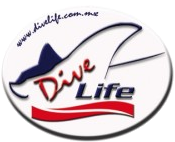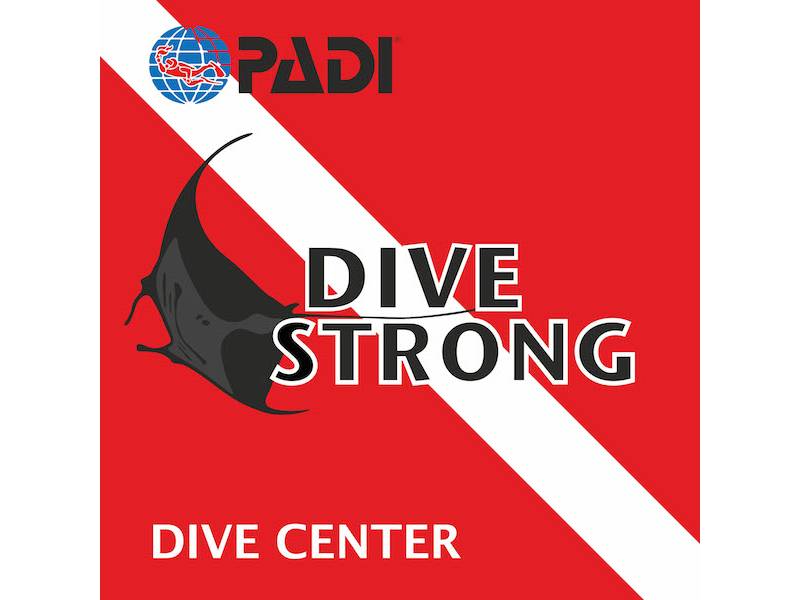I am not writing this article as an attack on scuba divers in general, or any one diver in particular. However, a recent event reminded me once again that even the best divers can become complacent about protocols and safety. I don't know a single diver who hasn't been guilty of sloppy procedures at some point in his diving career, myself included, and I wonder how this comes about. We certainly know better.
I could write that many experienced divers consider themselves above the rules, but I do not think this is the case. If most divers were asked whether or not they should perform pre-dive checks and follow other safety procedures, they would probably respond in the affirmative. Nevertheless, I believe that we are sometimes lulled into a false sense of confidence in our dive gear and ourselves.
How does this happen? Over a long time frame, many experienced divers acquire a sense of invulnerability through a series of small slip-ups that fail to negatively impact their dives. A diver might exceed his air reserve, but be able to surface comfortably because no other diver had to share air with him. This will cause him to feel more comfortable exceeding his reserve in the future. He may forget to breathe from his alternate air source during the pre-dive check. If during that dive, the alternate air source is not used, or is used and functions properly, the diver will see no negative consequences from neglecting to double check his alternate air source regulator and his behavior is reinforced.
I see this happen in cave diving (my daily activity) which requires detailed and time-consuming pre-dive checks. Surprisingly experienced cave divers get in a huff, roll their eyes, or make snarky comments when I insist on going through a full pre-dive equipment check before every single dive. This behavior is in some ways understandable. After all, they have completed hundreds of dives without pre-dive equipment checks and nothing has ever gone wrong! However, just because something hasn't gone wrong yet does not mean that it will not go wrong in the future.
The irony here is that the very divers who are least likely to be methodical about procedures (the very experienced ones) are the ones who should be the most careful. It is a simple matter of statistics. If a person dives five times a year, statistically, it is very unlikely he will ever experience an equipment failure. However, a person who dives 200 times a year is much more likely to have a piece of gear break underwater or be required to deal with an emergency. With the amount of dives I make, I explain to people that it is not a matter of if, but when, something will break or I find myself in an emergency management situation.
After over 3,000 ocean dives and 1,500 cave dives, I know this is true. Strange and improbable things have occurred, and in most cases I prevented problems that could have become emergencies by following the rules and procedures. A tank burst disk blew underwater. I discovered the diaphragm had come off of my alternate air source (even though it worked underwater twenty minutes earlier) during a PADIpre-dive safety check with my students. I have caught cave divers about to descend without setting their dive computers to nitrox, with failed back up lights that worked on the previous dive, and with accessories that have fallen off. I had a completely unexpected, absolute zero visibility situation occur in the cavern zone of a cenote when a huge cloud of dirt came at us as the owners of an upstream cave were digging it out. I had to follow a line in zero visibility in a cavern zone.
Dive Safety and Essentials:
• The Reasons Behind the Limits of Open Water Training
• Scuba Diving's Golden Rule
• All Dives Are Decompression Dives
And before you say that it is your choice to break the rules, that it is your life to risk, please remember that while your individual life may not matter to you (or even to anyone else) any death in scuba diving affects all scuba divers. Every time a diver dies underwater, the safety of scuba diving is questioned. In many cases sensational news stories are published or aired. This damages the reputation of scuba diving as a sport, as well as the reputation of dive centers, boats, guides, and instructors who were in some way associated with the accident, even if they were in no way responsible for it. For example, a land owner in Mexico was forced to close his cave entrance for an indeterminate amount of time after a completely avoidable diver death in which he had absolutely no control or responsibility.
Safety protocols can be boring, and they take up time. In some cases following safe diving guidelines may restrict what a diver can do underwater, or cause him to cancel a dive. Although this may be frustrating, it is much better than the alternative -- death. And make no mistake, death is a very real consequence of broken procedures. While scuba diving has become very safe, it is safe because safety protocols and guidelines have been developed. The moment we start breaking those rules we put ourselves and our dive buddies in danger.
Please, follow safety procedures including pre-dive checks, tank analysis, dive plan reviews, and gas planning. Review emergency procedures and be prepared. Do not allow yourself to become complacent, and do not allow anyone else -- not a buddy, not a dive guide, not your best friend, not your spouse, and not your instructor -- to pressure you or rush you into breaking rules and guidelines. Your safety rules are commandments, write them in stone and follow them religiously. If you ever break a safety guideline and someone calls you out on it, thank that person from the bottom of your heart. And remember, if you break rules or procedures and are still here to read this article, you have been lucky. It is just a matter of time until you are not.
Learn to Dive
- What to Expect on Your First Scuba Dive
- Scuba Diving Certification Agencies
- Open Water Scuba Diving Certification
Dive Gear Basics
- What Equipment Do You Need to Scuba Dive?
- 5 Fundmental Tenets of Equipment Configuration
- 8 Types of Regulator Mouthpieces


 RSS Feed
RSS Feed





